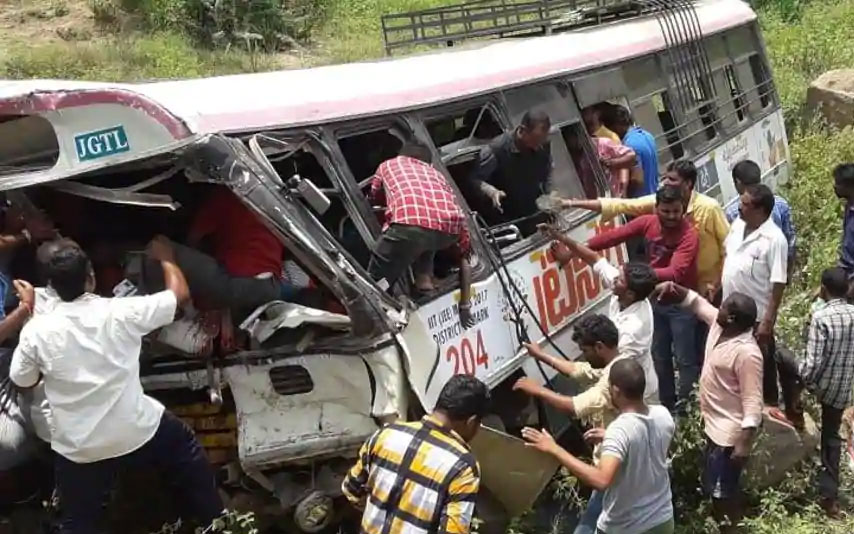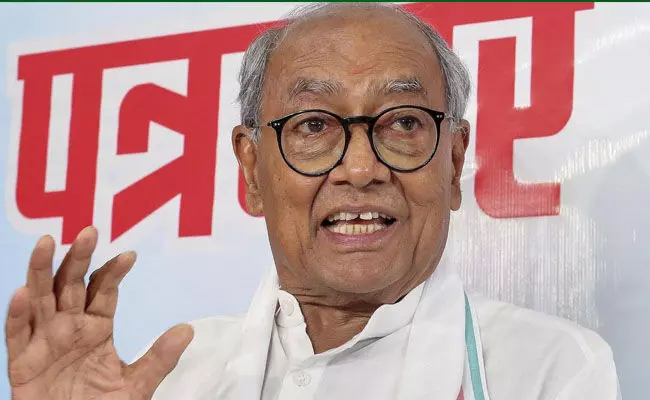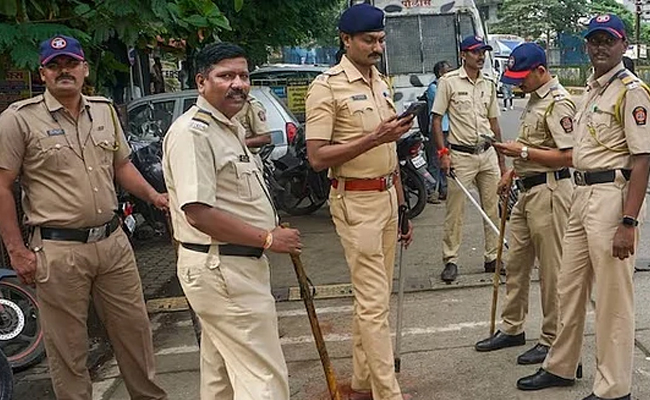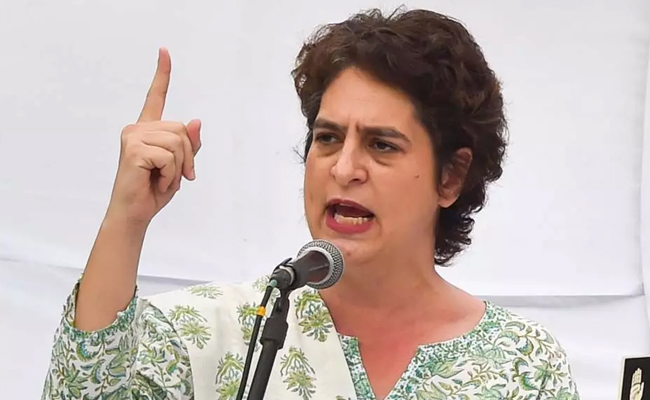Hyderabad, Sep 11: In a ghastly tragedy, as many as 52 people were killed and more than 20 others injured when a state-run overcrowded bus fell into a gorge in Telangana's Jagtial district on Tuesday.
The bus belonging to the Telangana State Road Transport Corp (TSRTC) fell off Kondagattu Ghat Road while returning from Anjaneya Swamy temple atop Kondagattu Hills, about 190 km from Hyderabad.
The bus, carrying more than 70 passengers, met with the accident when the driver reportedly lost control at a speed breaker.
Finance Minister Etela Rajender told reports at Jagtial that 52 people were killed in the disaster. He said 47 bodies were brought to Jagtial Hospital while five people succumbed at a hospital in Karimnagar.
The dead include driver B. Srinivas. Officials said the victims include 26 women and 10 children. The toll could go up as the condition of some of the injured was stated to be critical.
The injured were shifted to a government hospital in Jagtial. A few critically injured were taken to hospitals in Karimnagar and Hyderabad.
Chief Minister K. Chandrashekhar Rao expressed shock over the accident. He announced Rs 5 lakh ex-gratia each for the families of the dead.
Jagtial district Superintendent of Police Sindhu Sharma said the accident occurred around 11 a.m. when the bus was coming down from the hill and was to join the highway.
The driver apparently applied brakes at a speed breaker and the passengers who were standing fell onto one side, tilting the bus which then hurtled down after breaking an iron railing.
The victims belonged to Jagtial and Peddapalli districts.
Heart rending scenes were witnessed at the accident site as some of the injured lay amid bodies crying for help. Wailing relatives of the victims crowded Jagtial Hospital, where the medical staff struggled to deal with the large number of casualties.
Meanwhile, locals voiced their anger against the authorities over poor condition of the road and the alleged negligence of TSRTC.
Let the Truth be known. If you read VB and like VB, please be a VB Supporter and Help us deliver the Truth to one and all.
New Delhi (PTI): Congress leader Digvijaya Singh on Monday said MPs defecting from political parties must be barred from contesting polls for six years, as he accused the Election Commission of being "biased", and also questioned the need for conducting Special Intensive Revision (SIR) of electoral rolls.
Participating in the discussion on election reforms in the Rajya Sabha, Singh sought removal of the ceiling on electoral expenses to ensure transparency in the election process, and alleged "vote chori (theft)" in states like Karnataka, Haryana, and Maharashtra.
He also claimed that Rahul Gandhi had submitted proof in this regard, but the Election Commission never responded.
He alleged bias by the Election Commission and wondered whether citizenship was being ascertained or a new voter list was being prepared, claiming that matriculation certificates were being demanded from individuals during the SIR exercise.
ALSO READ: Bantwal police arrest two men for illegal sale of narcotics, seize two vehicles, 810 gm ganja
"SIR kaha se aa gaya? Humse citizenship ke question poochhey ja rahe hain (where did SIR come from? We are being questioned regarding citizenship)... matriculation certificate is being demanded from voters... whether citizenship is being ascertained or a voter list is being prepared?" Singh questioned during his remarks.
The senior Congress leader said, "When the election commission carries out summary revision four times a year, then what is the need of SIR?"
He suggested that the delimitation exercise should not be based on population and instead on the current seat dynamics in place in the North and South India.
"(Delimitation)... jansankhya ke aadhar par nahin hona chahiye. maujooda anupaat jo dakshin aur uttar bharat ki seats hai uss par hi hona chahiye," Singh said.
Singh claimed that multiple letters were written to the Election Commission and INDIA bloc members had sought time from the body but it was never granted.
He and Home Minister Amit Shah,
He accused Prime Minister Narendra Modi of wanting to implement a "fascist dictatorship" by appointing people following a particular ideology on constitutional positions.
He claimed that Shah was never associated with the RSS, a charge debunked by Minister of State for Parliamentary Affairs Arjun Ram Meghwal.
"Rahul Gandhi ne apne bhashan mein kaha tha is desh mein 2014 ke baad jitne bhi samvidhanik sansthaayein hain unpar ek nishchit vichardhaara ke logon ko bithaya ja raha hai, woh yogya ho ya ayogya ho, aur unke maadhyam se, mera yeh aarop hai, fascist dictatorship laagu karna chahtey hain Narendra Modi ji (Rahul Gandhi in his speeches has said that since 2014 people from a particular ideology, whether qualified or not, are being placed in constitutional posts... my allegation is that Modi ji is trying to impose fascist dictatorship in the country," Singh said.
ALSO READ: Odisha: Normalcy returns to violence-hit Malkangiri; internet services fully restored
Speaking on the issue of illegal immigration, Samik Bhattacharya (BJP) quoted former PM Manmohan Singh's speech on September 30, 2005, claiming that Singh had stated that "India is opposed to all illegal immigration into the country be it from Bangladesh or elsewhere. The illegal immigration should not be encouraged."
He asserted that the Election Commission is a constitutional authority, and the SIR is underway and it needs to be accepted.
He also raised the issue of political violence and demographic imbalance/changes in West Bengal.
Sandeep Kumar Pathak of the Aam Aadmi Party raised the issue of exorbitant electoral expenses and the lack of level-playing field to contest polls by common citizens for this reason. He also suggested proper verification of the voter list.





